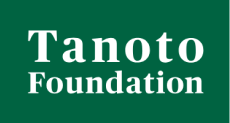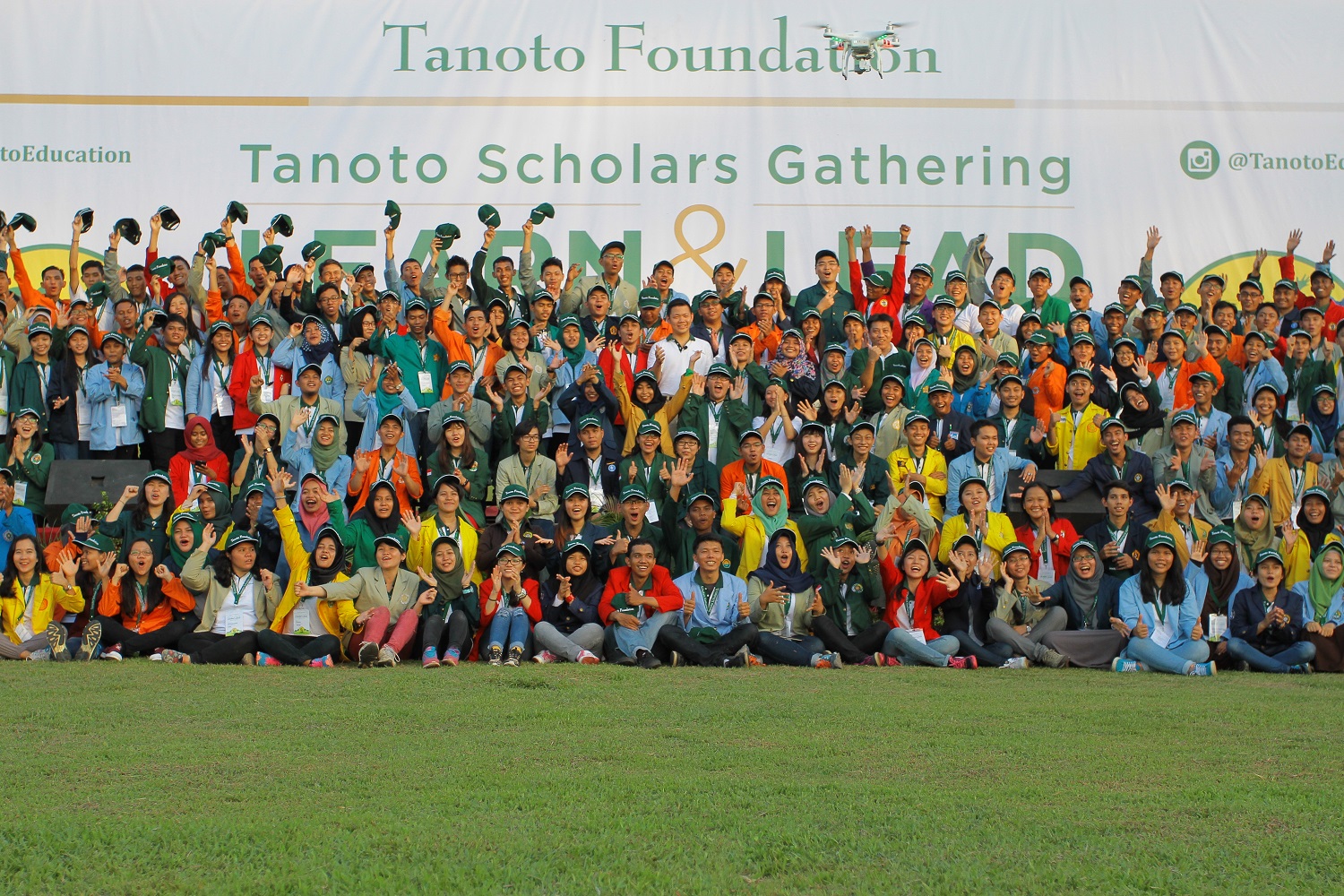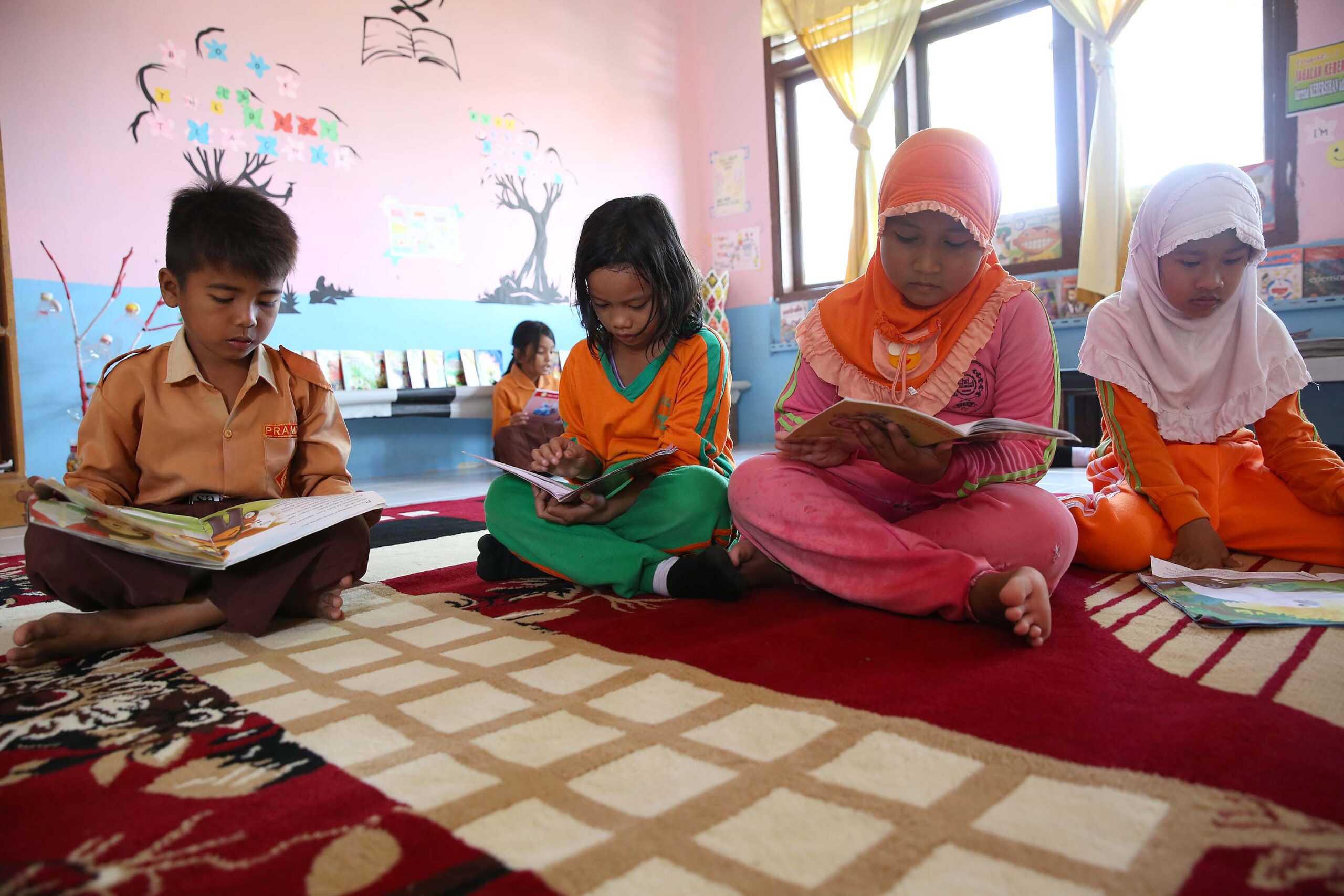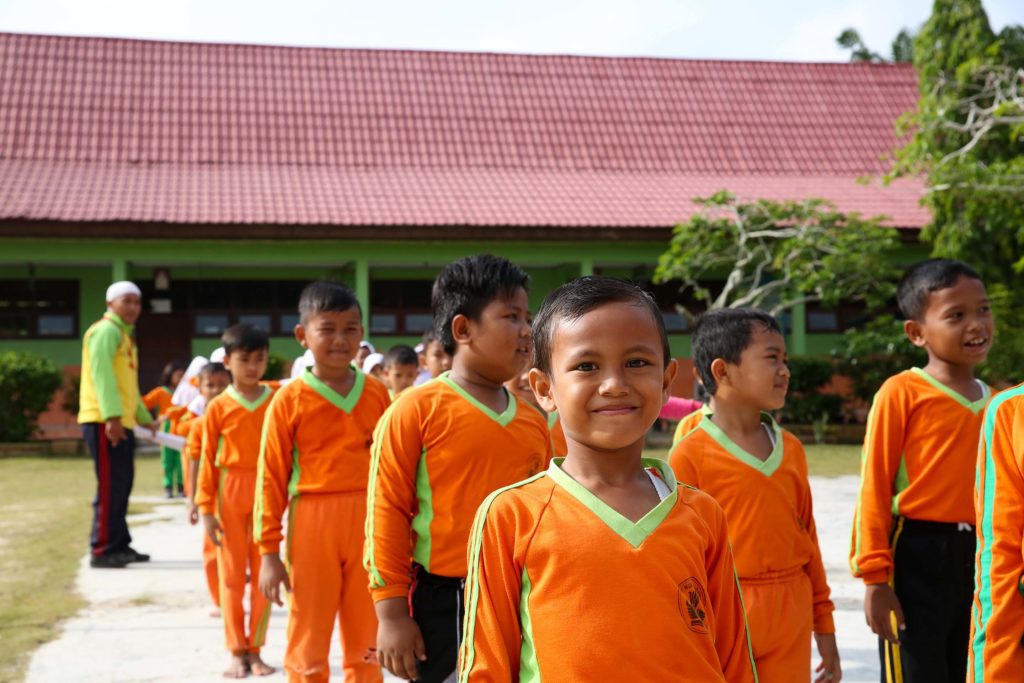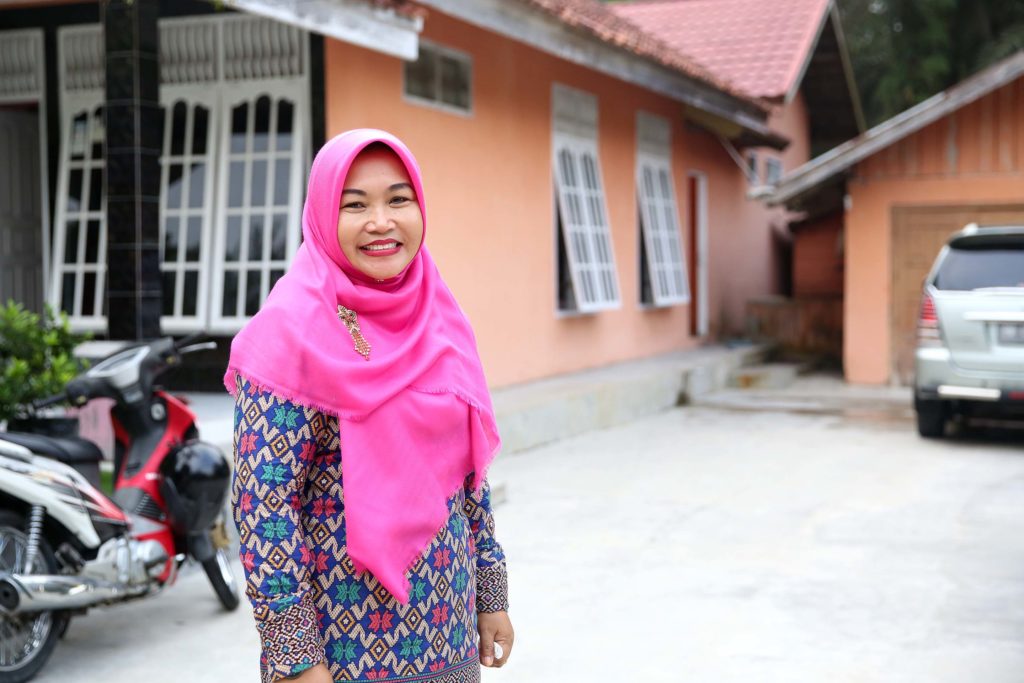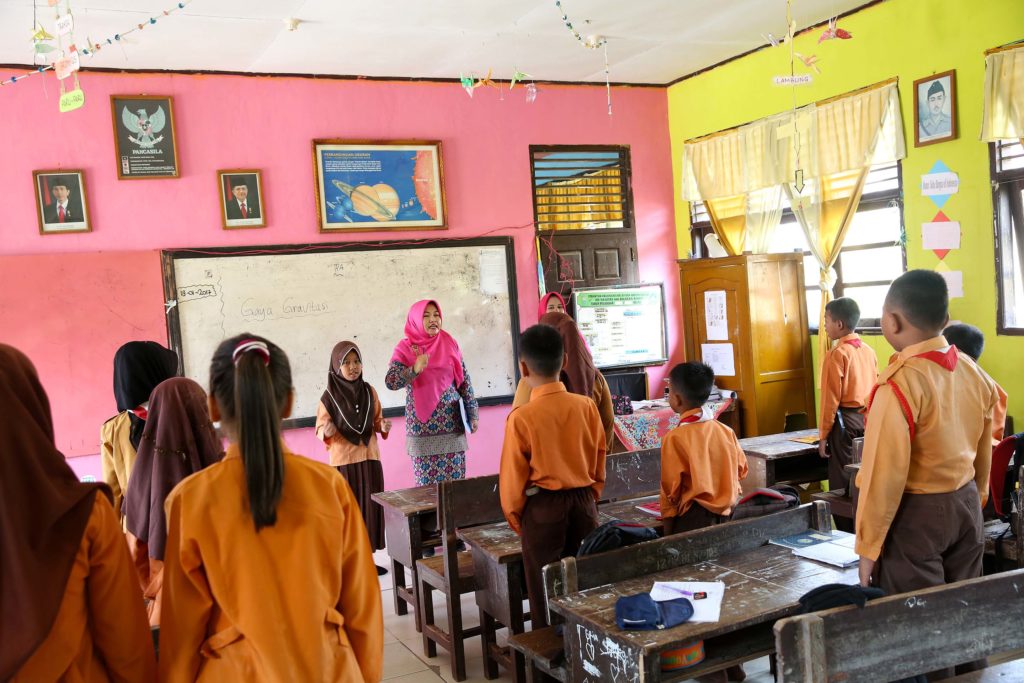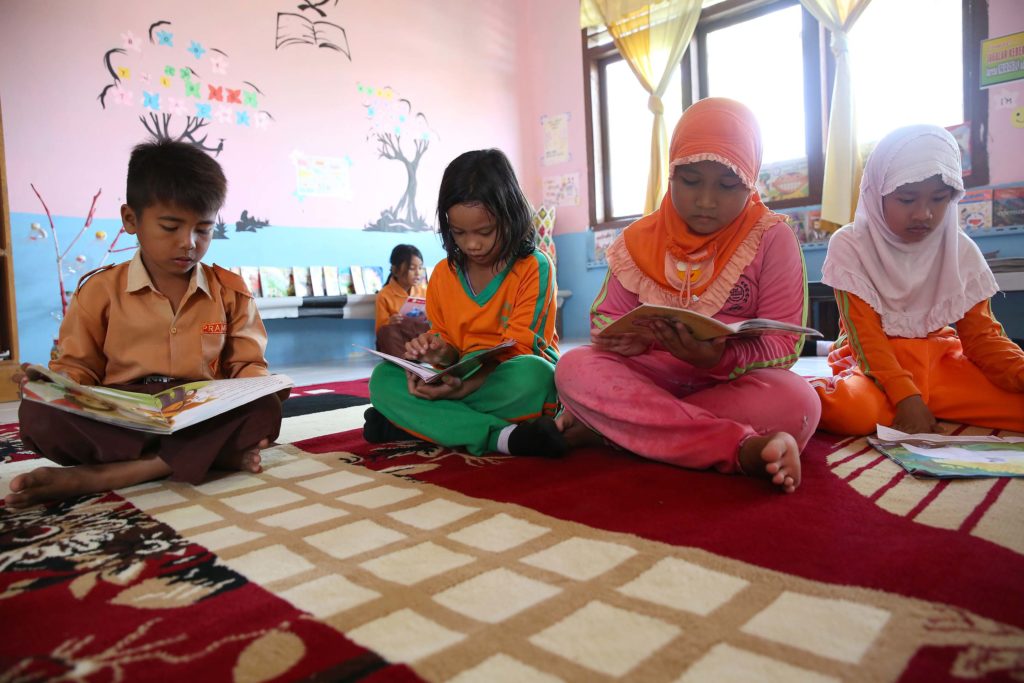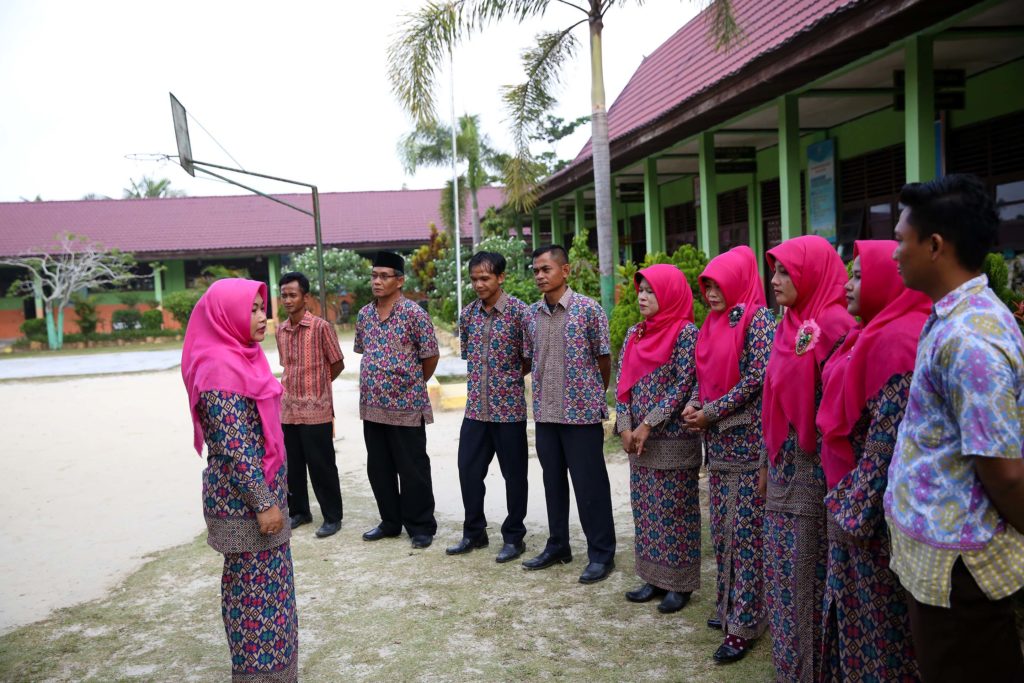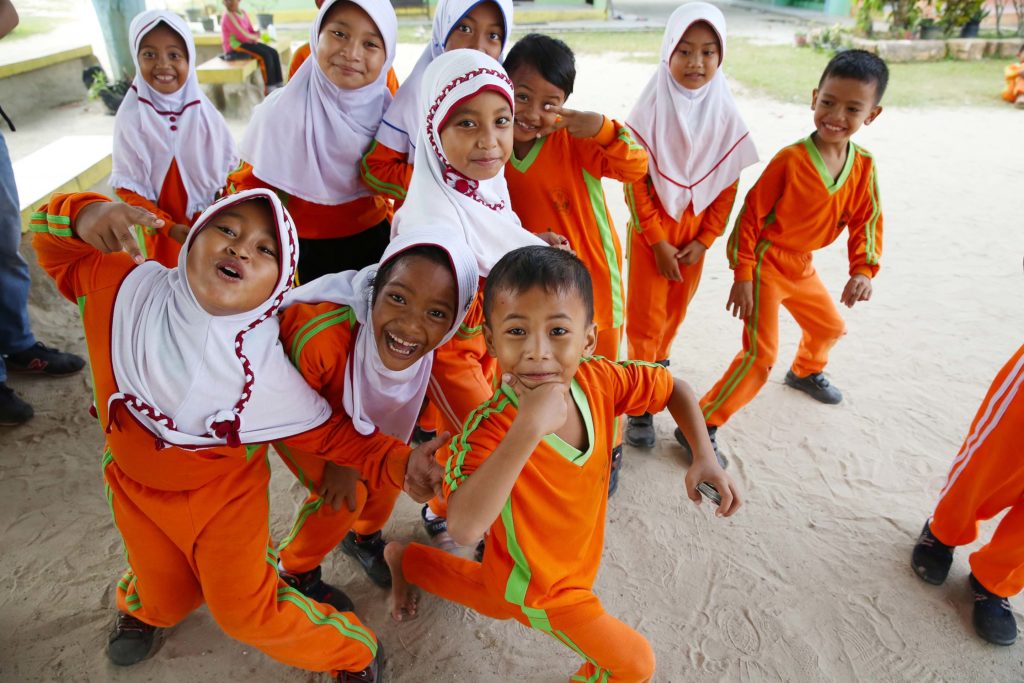The Indonesian community is rather unique. They are quite fond of big predictions. For example, there is the prediction that Indonesia will have a demographic bonus in 2030 and, the most recent one, of how to reach Indonesia’s Golden Generation in 2045.
The demographic bonus talks about how in 2030 Indonesia’s population will be dominated by the youths who belong in the working age group. In the mean time, it also has been predicted when Indonesia turns 100 years old in 2045, the country can become one of the world’s economic giants.
When reviewed closely, these predictions are related to each other. Furthermore, there is one crucial aspect to support the realization of these predictions: the importance of high quality human resources.
Unfortunately, in Indonesia development of human resources always comes as a second priority than that of physical facilities. The target of government’s success is often measured by the number of bridges or toll roads which have been built or the increase in a port’s capacity. For the education sector, the measurement of success still tends to focus on physical achievements such as number of school renovations.
Physical development is important. But we need to evaluate why Indonesia is still considered as a middle-income country although in the past 20 years there has been a great deal of physical development in the country.
In addition, one of the keys of developed countries’ success is the provision of scholarships that is continuous and accessible for all. In this case, Indonesia is on the correct trajectory. There are different scholarship programs such as the Government’s Education Funds Management Body (Lembaga Pengelola Dana Pendidikan or LPDP). These scholarships bring a breath of fresh air for students with high academic achievement because they are now are able to obtain post graduate degrees, in Indonesia or abroad.
Other scholarship providers also give similar opportunities for students with opportunities to continue their education. One of the programs that stand out is Tanoto Foundation’s. Since 1981, Tanoto Foundation has supported the efforts to nurture youths from elementary schools to universities to become the golden generation of Indonesia. It is equally important that the scholarship programs that are carried out and funded by private sectors continue to be supported by the Government.
With so many scholarship programs available and the improvement of education system in Indonesia, it is hoped that the youths who are in the working age bracket would have better opportunities. The absorption of workers will also be better because prospective employees’ now have skills that match the industries’ needs. With better human resources quality, the prediction about achieving Indonesia’s Golden Generation in 2045 will not be empty words anymore.
Note: Translated from article “Mencetak Insan Indonesia Emas 2045” which was published by Harian Nasional on Monday, March 13, 2017. It was written by Bhima Yudhistira Adhinegara, researcher of Institute for Development of Economics and Finance (INDEF).

